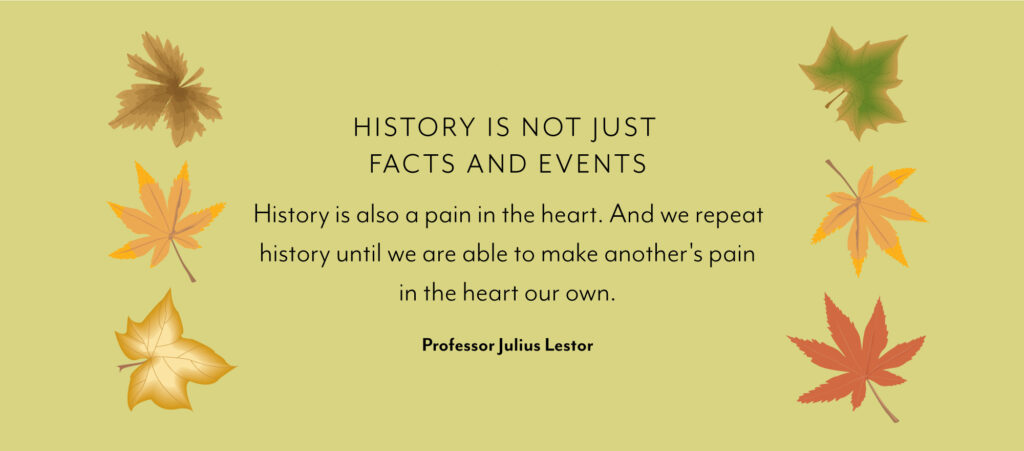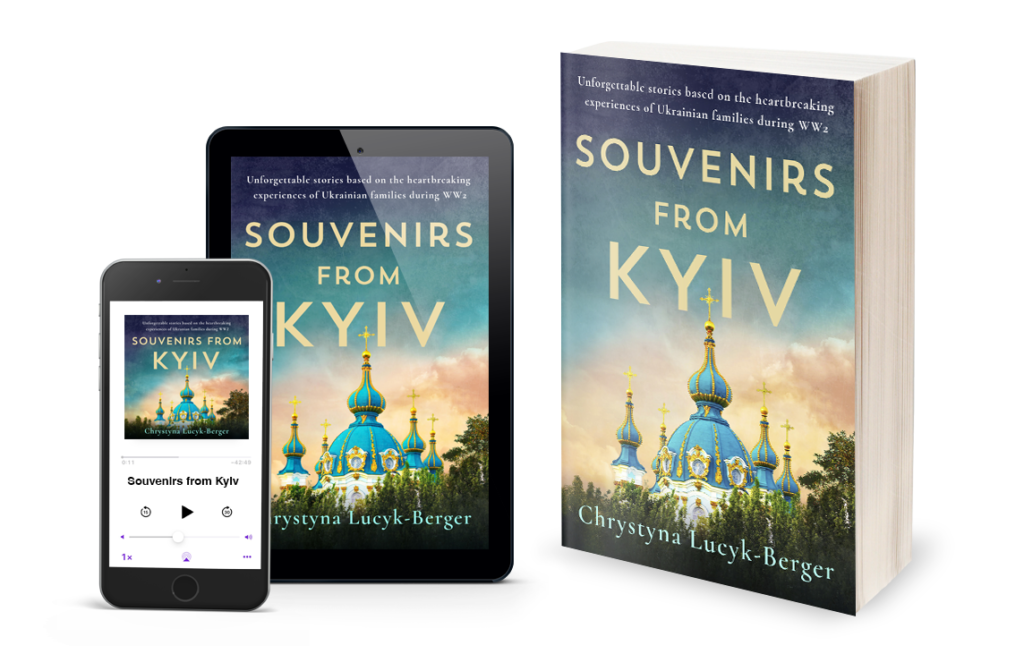This is going to be a short post. I am still reeling from watching The Promise last night, which takes place in 1914 Istanbul/Constantinople and reveals the atrocities of the Armenian genocide–the crime which Turkey to this day has not admitted to.

This morning, I received an email from a reader who has just discovered my series and she asked me who the Tyroleans are. I was happy to reply.
This was followed by my husband lifting his head from a newspaper and telling me about an article he was reading, which led to another discussion about our current government’s agenda and our fears that their number one goal is to quash any empowerment the “smaller and weaker groups” might be able to gain.
Not for the first time, I reflected on what drives me to write the stories that I do. Both sides of my family fled Ukraine during WW2 and when I was born in the U.S., I was raised in a heavily nationalistic Ukrainian diaspora. It was absolutely impossible to escape the ideologies of an entire community hell-bent on saving a country under Communism and making sure that we first-generational kids were prepared to leave the U.S. to “return to the homeland.” Naturally, we heard the stories of oppression under Stalin, the pogroms, about the relatives who’d been sent to labor camps, and about how our “uncles and aunts” fought in the Underground or with Partisans. I even wrote a book about it.
It was not until much later–and I mean MUCH later–that I realised how very polarised these ideologies on the two sides of my family (my father’s and my mother’s) were. I write the stories I write because I am fascinated by how people tick, how the good, the bad and the ugly rise to the top in great duress. I am interested in the David-and-Goliath story and, in this case, Government-and-thelittlepeople. I grew up with the remnants of war very present in my life, and it is my mission to continue exploring it and hopefully be able to hold up a mirror to someone and say, “Think before you act. And remember how it turned out last time.”
I hope to stir emotions, shift perspectives, reveal new information and, most of all, tell a darned good story.
Get the Box Set Season 1: 1920 – 1924




